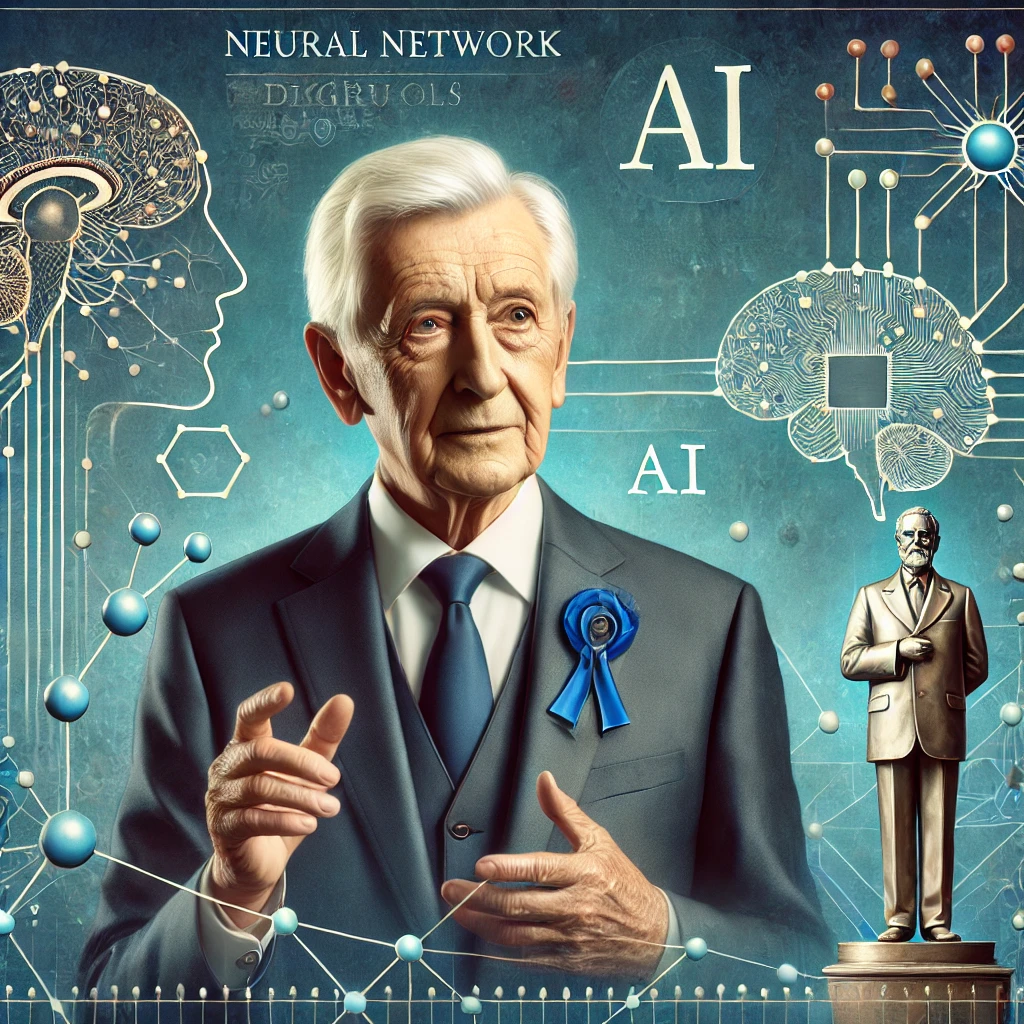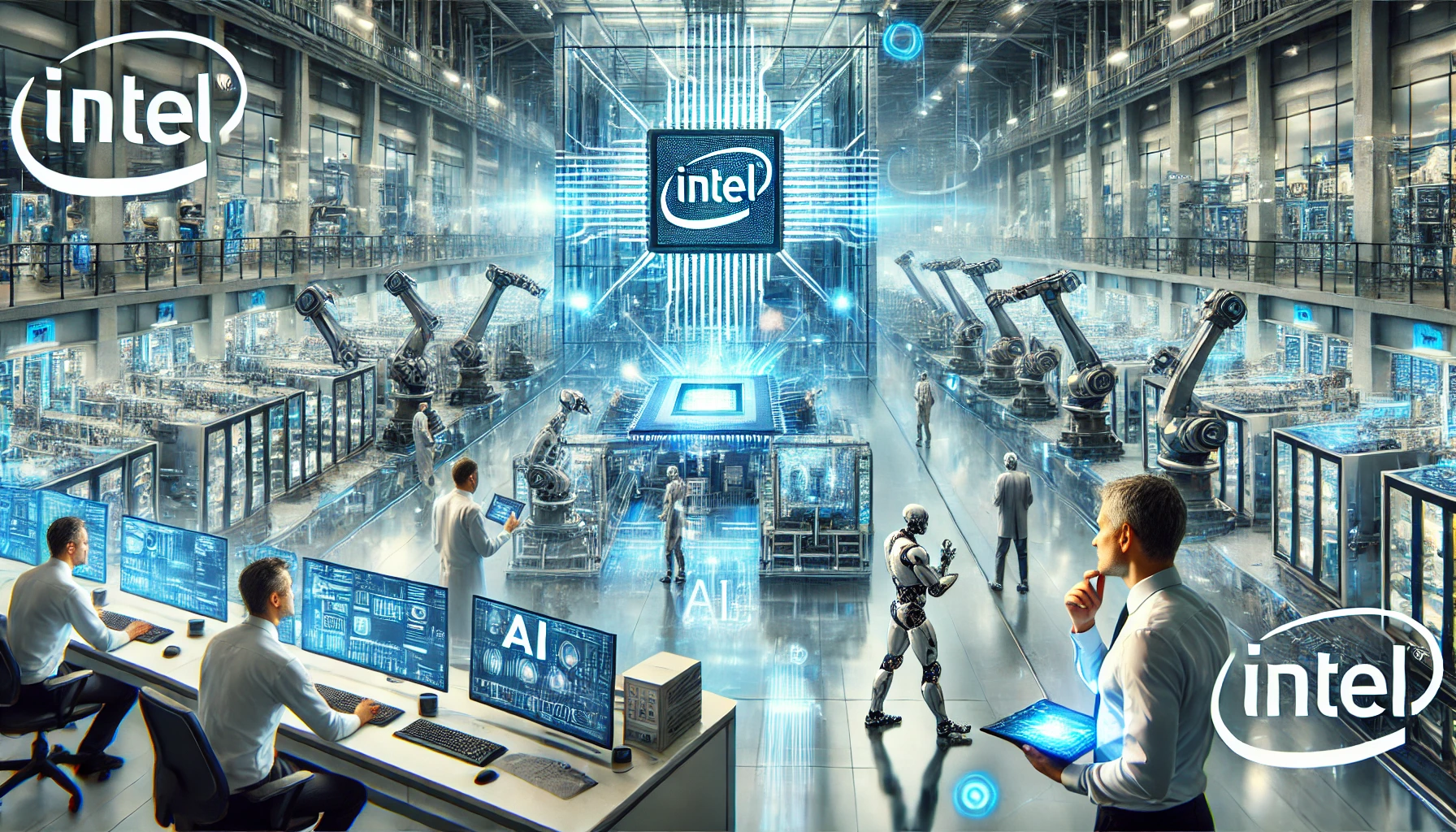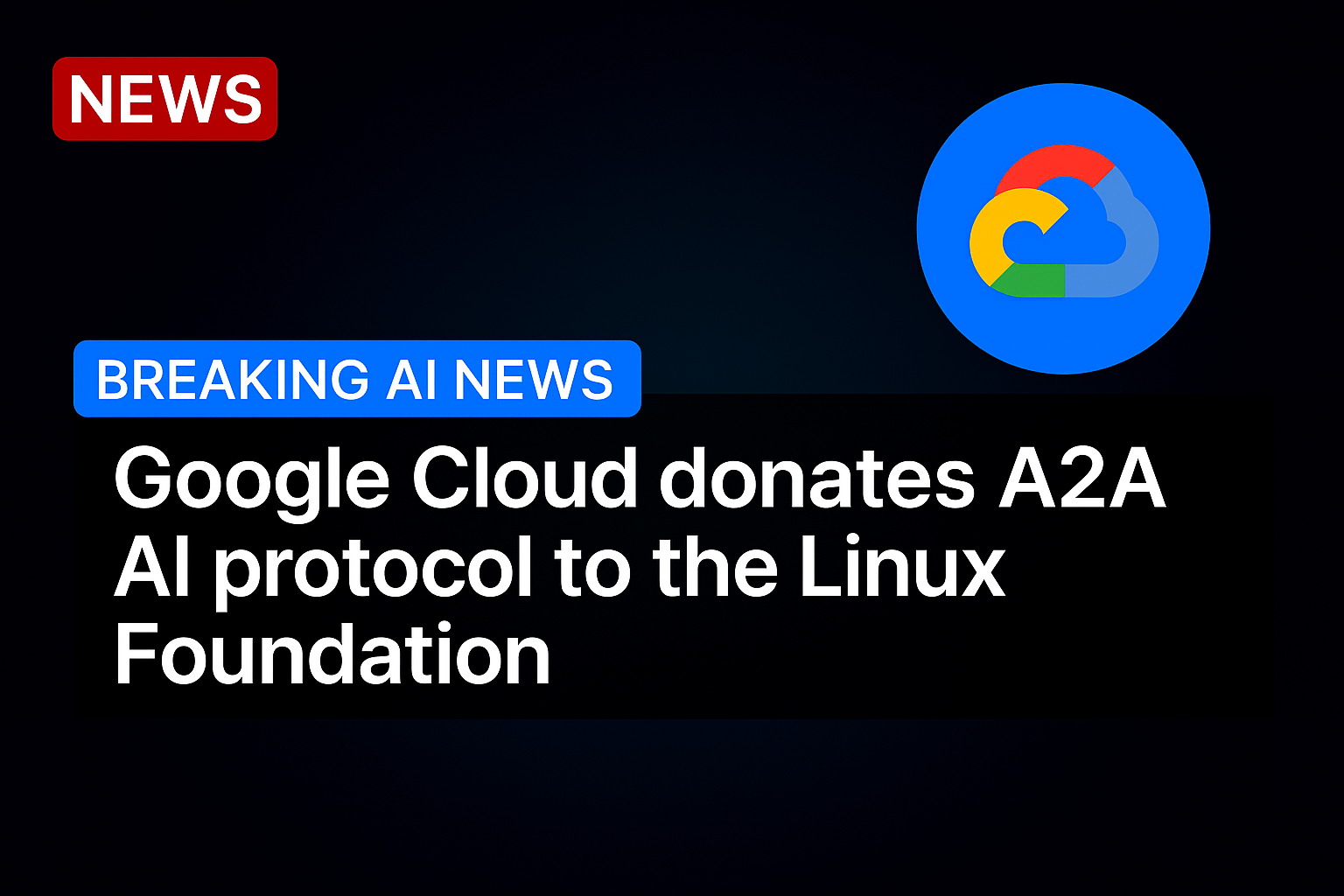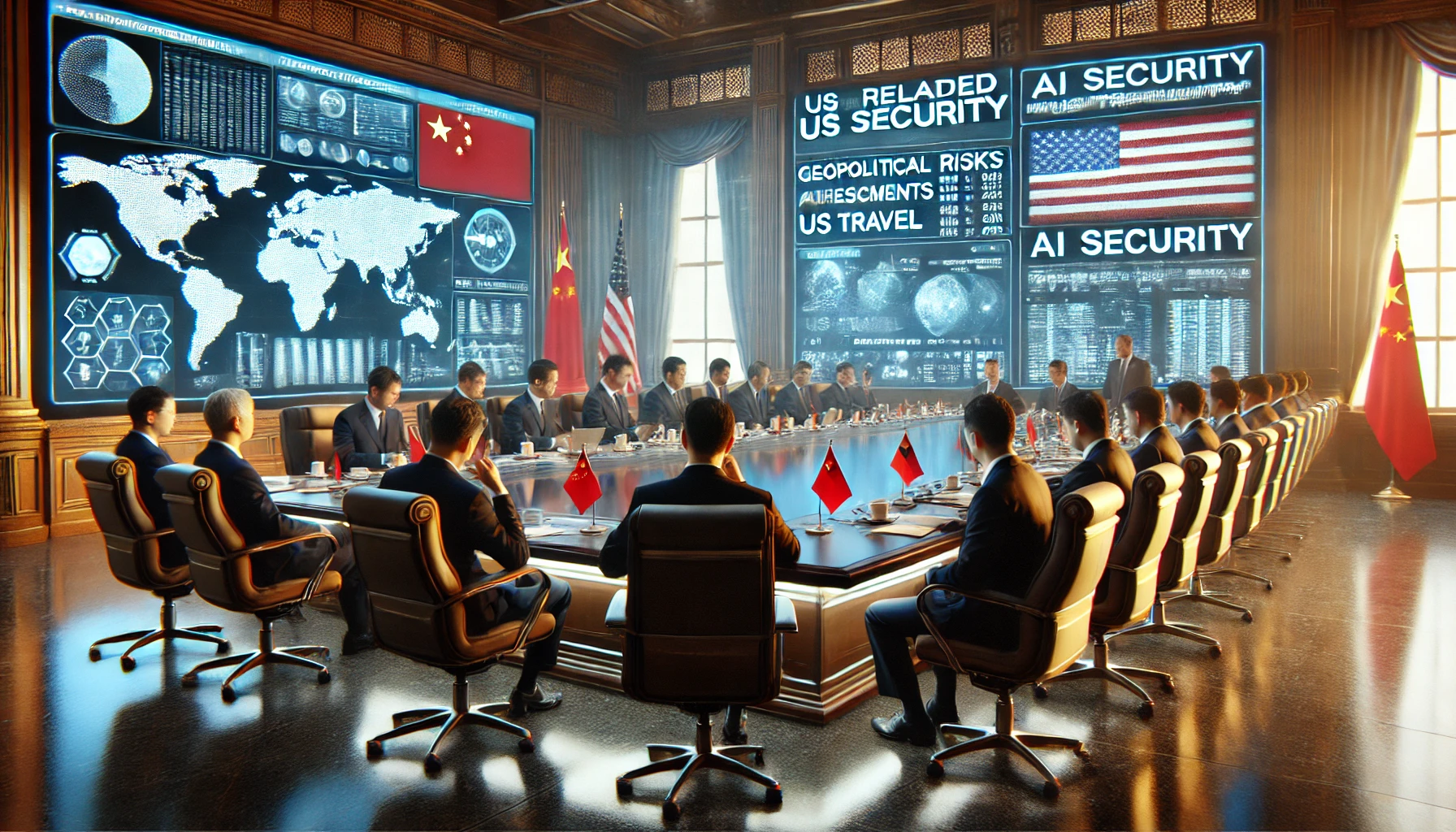Geoffrey Hinton, often referred to as the “Godfather of AI,” was awarded the prestigious Nobel Prize in Physics on Tuesday for his groundbreaking contributions to artificial intelligence. His pioneering work in neural networks, which form the backbone of much of today’s AI technology, has revolutionized everything from speech recognition to autonomous systems. Hinton’s theories, developed over decades, have shaped the AI landscape, earning him the highest honor in the scientific community.
However, Hinton used his moment of recognition to sound a sobering warning about the very technology he helped create. In his acceptance speech, he urged global leaders, scientists, and developers to address the potential dangers AI poses to society. While acknowledging the transformative potential of AI, Hinton emphasized that its rapid advancement could lead to unintended and potentially catastrophic consequences if not carefully regulated.
“It’s both a great opportunity and a significant threat,” Hinton stated. “AI has the power to do enormous good, but we must also prepare for the possibility that it could be misused or even develop capabilities beyond our control.”
His remarks reflect a growing chorus of voices in the AI community advocating for stricter regulations and ethical considerations as the technology accelerates. Hinton expressed concerns about AI’s potential impact on employment, privacy, and even global stability. He warned that without proper safeguards, AI could be exploited for malicious purposes, ranging from misinformation to autonomous weapons development.
Hinton’s groundbreaking research has made neural networks the foundation of modern AI, leading to advancements in deep learning, which allows machines to mimic human cognitive functions. The technology is now pervasive, powering everything from virtual assistants to large-scale data analytics. Yet, Hinton’s concerns are a reminder that AI’s reach extends far beyond mere technological advancement—its implications for society, governance, and humanity itself are profound.
His call for a measured approach to AI’s development aligns with recent discussions among AI researchers and policymakers. Many are now advocating for a framework that balances innovation with stringent oversight to ensure that AI serves humanity’s best interests without undermining ethical standards.
As the AI community celebrates Hinton’s achievements, his message remains clear: The world must act swiftly to address AI’s challenges before they outpace humanity’s ability to manage them.
Geoffrey Hinton’s recognition with the Nobel Prize is a testament to his pivotal role in shaping the AI revolution. But his cautionary words serve as a powerful reminder that, even as we celebrate technological progress, we must remain vigilant about its potential risks.





